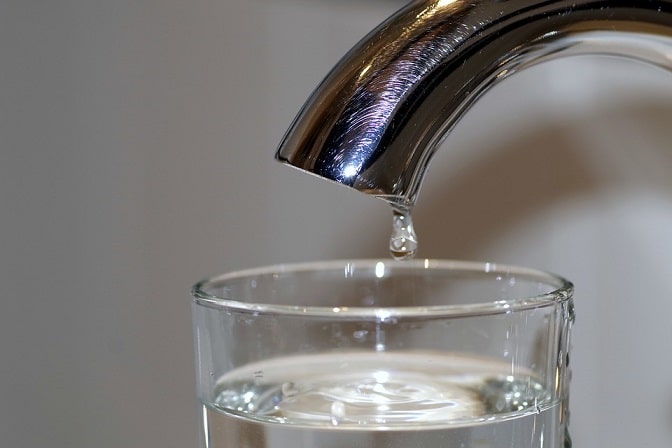Currently, residents in the Western Cape are at risk of being issued heavy fines due to their lack of compliance regarding daily water usage.
Even though Cape Town managed to beat day zero, leaving residents without hope in 2018, it recovered in 2019 when dams in the Western province was filled once more. However, just because the dams have more water than around its post-summer months than in the past few years, does not mean it can be misused, especially because rainfall is considered an inconsistent occurrence in the past few years. The downpour of rain hasn’t been consistent for a long time, which has led to residents taking advantage of what they have in 2020. This has forced the Department of Water and Sanitation (DWS) to urge households to comply with all laws and regulations concerning the use of water illegally.
What it Means to Use Water Illegally in South Africa
While putting on your hosepipe at night for a few minutes to fill your swimming pool or water your lawn and washing your car may seem like nothing, there are times when it is prohibited or restricted, which is a rule that must be complied to. Not complying with such rules means you are doing something wrong and could result in a fine. Fines are being issued more since 2019 due to the unpredictability of drought in the country.
Residents in South African have been advised to, apart from using water at home, explore alternative resources to use water conservatively such as implementing stormwater management, making use of groundwater, desalination, and recycling to secure water in the province.
Even though the severe drought has passed, there are regions in the country still facing severe water shortages, and due to a potential day zero in 2018, the City of Cape Town will not take the misuse of water lightly. The DWS is working with the Blue Scorpions, their law enforcement arm, to ensure that there is a zero-tolerance on illegal water usage in the province, according to Rashid Kahn, regional head of the regional department of DWS.






